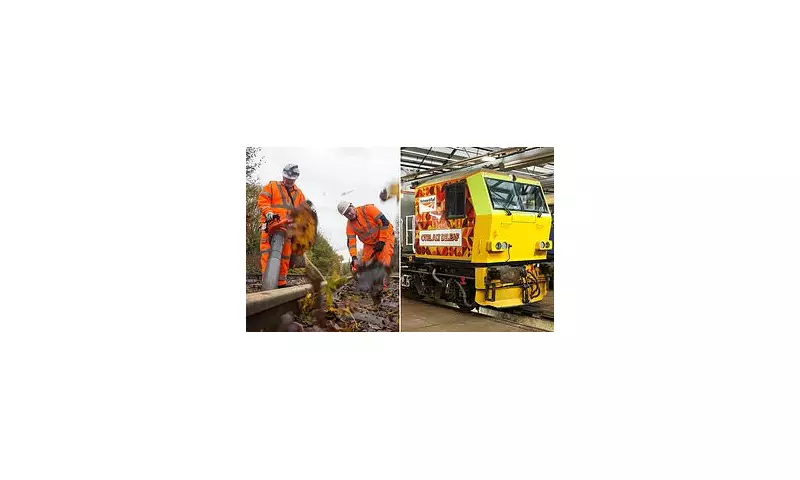
Commuters and travellers across Britain are braced for significant disruption this autumn as major rail operators roll out pared-back winter timetables. The sweeping changes, confirmed by several train companies, will see fewer services running and many last trains departing stations considerably earlier than usual.
The primary culprit for the reduced schedule? The perennial autumn challenge of 'leaves on the line'. While it may sound like a cliché, damp leaves on the tracks pose a genuine and serious safety risk. When compressed by passing trains, they create a slippery, Teflon-like coating on the rails, drastically reducing braking efficiency and potentially causing dangerous skids.
Which Operators Are Affected?
The changes are not isolated to one region. Passengers on key routes should prepare for alterations:
- Great Northern: Services on the Great Northern route will see a reduction in frequency.
- Thameslink: Timetables are being adjusted, particularly on routes sharing tracks with Great Northern.
- ScotRail: Scotland's rail provider is also implementing a 'degraded weather timetable' on several lines to manage the anticipated disruption.
These operators have stated that the pre-emptive cuts are a necessary measure to create a more reliable, if less frequent, service. The alternative, they argue, is a winter of unpredictable, last-minute cancellations and significant delays as drivers are forced to operate at much slower speeds for safety.
Earlier Last Trains and Commuter Impact
One of the most noticeable impacts for many will be the earlier departure times of the last trains of the evening. This is likely to affect shift workers, theatre-goers, and those on night outs in city centres, forcing them to plan their journeys home with greater care or seek alternative transport.
The rail industry's approach involves running a service they can more realistically maintain during the challenging October to December period. Network Rail teams will be working around the clock, using specialised 'leaf-buster' trains equipped with high-pressure water jets and sanders to clear tracks and improve adhesion.
Passenger Advice
Passengers are strongly advised to:
- Check before you travel: Always consult the National Rail enquiries website or your train operator's app for real-time updates.
- Allow extra time: Journeys may take longer than usual, even on services that are running.
- Be aware of the last train: Double-check the time of your final return service, as it may be earlier than you expect.
While the reduced timetable may cause initial frustration, the rail companies insist it is a pragmatic solution to a well-documented annual problem, aiming to provide greater certainty and safety during the volatile autumn months.





